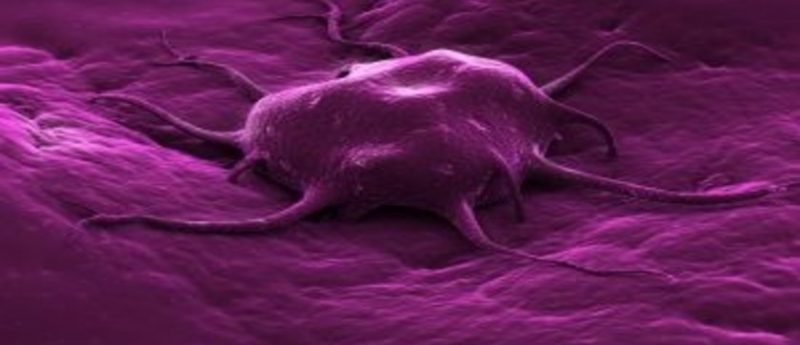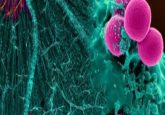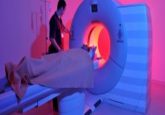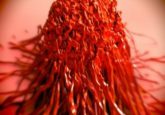Study highlights link between FAK activity and breast cancer recurrence

Investigators at the University of Manchester (UK) have been exploring the causes of treatment resistance and recurrence in some cases of ductal carcinoma in situ (DCIS), with a particular focus on the role of FAK. Their study, published recently in Stem Cells, also identified a potential new target to improve the effectiveness of radiotherapy.
Gillian Farnie, an author of the study, commented: “We know that cancer stem cells are able to avoid or repair damage caused by treatment. We wanted to look at how FAK is involved in this treatment resistance.”
DCIS is a condition in which cancerous cells develop contained within the milk ducts of the breast. Approximately 5000 cases are diagnosed in the UK each year. If left untreated, DCIS can develop into invasive breast cancer but it is not possible to tell which cases will progress and which will not. Consequently, all women are offered treatment, which usually involves lumpectomy and radiotherapy. Following this treatment, up to one in five patients will have their DCIS recur, either as DCIS or invasive breast cancer.
Through examination of patient tissue samples the team from both the University of Manchester and the University Hospital of South Manchester NHS Foundation Trust (UK), discovered that high levels of FAK activity were linked to disease recurrence, either as DCIS or invasive breast cancer. In addition to this, the team illustrated that cancer cell samples containing a higher number of cancer stem cells exhibited increased levels of FAK, and that these samples survived radiotherapy more effectively.
The work was extended by examining the effect of a drug that inhibits FAK, which reduced the formation of mammospheres (collections of breast cancer stem cells). This drug in combination with radiotherapy showed a greater treatment effect than for either of these therapies alone.
The drug was also tested in a mouse model to identify whether the same effect could be seen in a more complex living system. In the treated mice, DCIS was less likely to turn into invasive-like cancer cells.
“We have shown that blocking the activity of FAK not only reduces the growth of breast cancer stem cells, but also improves sensitivity to radiotherapy. Our findings suggest we can reduce the likelihood of DCIS recurring by inhibiting FAK and measuring FAK levels could offer a method to predict which patients are most likely to experience recurrence,” explained Farnie.
This research has demonstrated that cancer stem cells seem to be helping cancers survive treatment, which is a new research area for breast cancer. Little is known about DCIS and with further research the scientists from the University of Manchester hope to gain a better understanding of what makes DCIS return and become invasive breast cancer. Such knowledge could help avoid the overtreatment of patients with DCIS that is unlikely to return, while ensuring that women who need further treatment receive successful treatment.
Sources: Williams KE, Bundred NJ, Landberg G, Clarke RB, Farnie G. Focal adhesion kinase and wnt signalling regulates human ductal carcinoma in situ stem cell activity and response to radiotherapy. Stem Cells doi:10.1002/stem.1843 (2014) (Epub ahead of print); Manchester University news release




